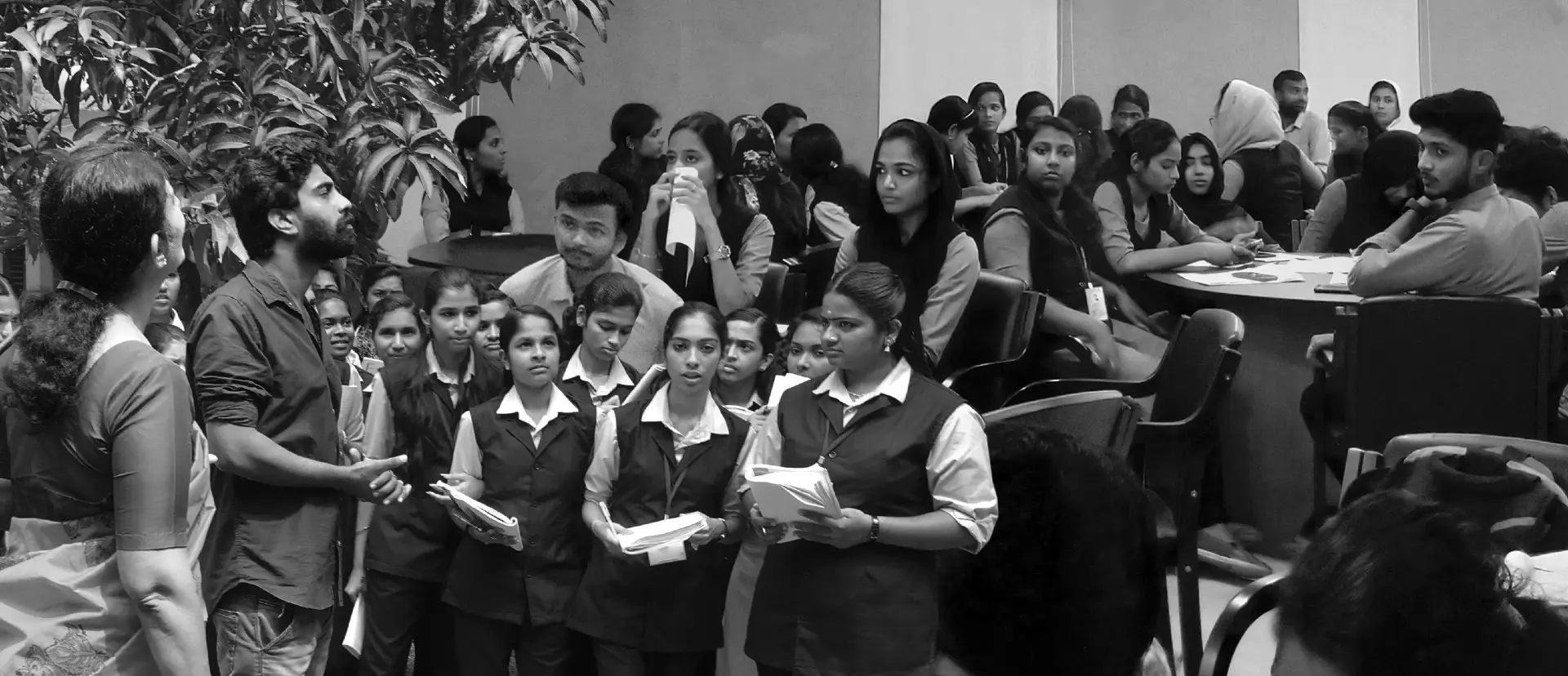

The Green Audit serves as a vital component in aligning with Sustainable Development (SD) Goals across various industries, organizations, and institutions. When applied in academic and research settings, it plays a multifaceted role in enhancing the quality of both academic pursuits and research endeavours. By adhering to environmental quality benchmarks that reflect international standards, the Green Audit not only ensures compliance but also fosters a proactive approach towards sustainable practices. Through meticulous assessment and subsequent implementation of eco-friendly measures, institutions can effectively reduce their ecological footprint, thereby cultivating a conducive learning and research environment that aligns with global sustainability imperatives.
Download BrochureThe 2030 Agenda, powered by the UN Sustainable Development Goals (SDGs), goals encompass a broad view of development, spanning environmental, social, and economic sustainability. The SDGs serve as a compass for nations, institutions, and civil society to navigate their journey towards lasting peace and prosperity for both people and the planet. In this monumental task, every individual and organization has a role to play. Among them, higher education institutions (HEIs) occupy a unique and pivotal position.
The UN-SD goals, an ambitious action plan to enhance peace and prosperity, eradicate poverty and protect the planet is recognized globally as essential for the future sustainability of our world. To be successful, the process requires consensus, collaboration and innovation. ISO has published more than 22000 International Standards and related documents that represent globally recognized guidelines and frameworks based on international collaboration. Built around consensus, they provide a solid base on which innovation can thrive and are essential tools to help governments, industry and consumers contribute to the achievement of every one of the SDGs. ISO standards support the three pillars of sustainable development: Economic, social and environmental.
| Environment Management Systems | ISO 14001:2015 | Waste Management Systems | Biodiversity Audit (including ISO/TC 331 directives) | Energy Management Systems | ISO 50001:2018 | Water efficiency management systems | ISO 46001:2019 | Water footprint verification | ISO 14046:2014 | Carbon Footprint | ISO 14067:2018 |
In a transformative directive, the National Assessment and Accreditation Council (NAAC), India's foremost accreditation body for colleges and universities, has recently issued an advisory (F.No.1429/2022 dtd. 267.05.2022) urging academic institutions to embark on a journey of sustainability. This imperative calls for a one-time green audit, a fundamental step towards achieving ISO 9001 Green Audit certification, which further necessitates accreditation from ISO 17020 certified inspection bodies. Green Audits are not merely an obligation for NAAC accreditation; they are in alignment with the broader canvas of Sustainable Development Goals.
Holding the prestigious ISO 9001:2015 accreditation, TIES is now the inspection body with ISO 17020:2012, the accredited agency in South India dedicated to conducting Green Audits in academic and research institutions. The facets of ISO 17020 certification encompass comprehensive assessments, spanning practices, procedures, and services, aimed at discerning their adherence to established norms. TIES offer the following certifications for academic and research institutions in India through Green auditing.
Green audits based on ISO standards at academic and research institutions are a pioneering venture worldwide. The combination of these standards is being experimented with for the first time. Generally, academic and research institutions have less experience with ISO standards. Hence, the TIES-ISO Green Audit Consultancy Division offers free services in order to prepare institutions for such an audit process. This includes the implementation of an Environmental Management System (EMS), training for internal auditors, preparation of a Manual of Documented Information, and final reports.
Accredited Colleges